The animal kingdom is as fascinating as it is terrifying. Some creatures aren’t just awe-inspiring; they’re downright deadly, capable of ending a human life in the blink of an eye. From venomous hunters to stealthy predators, these are the animals you’d never want to encounter without a plan—or a miracle.
1. Box Jellyfish
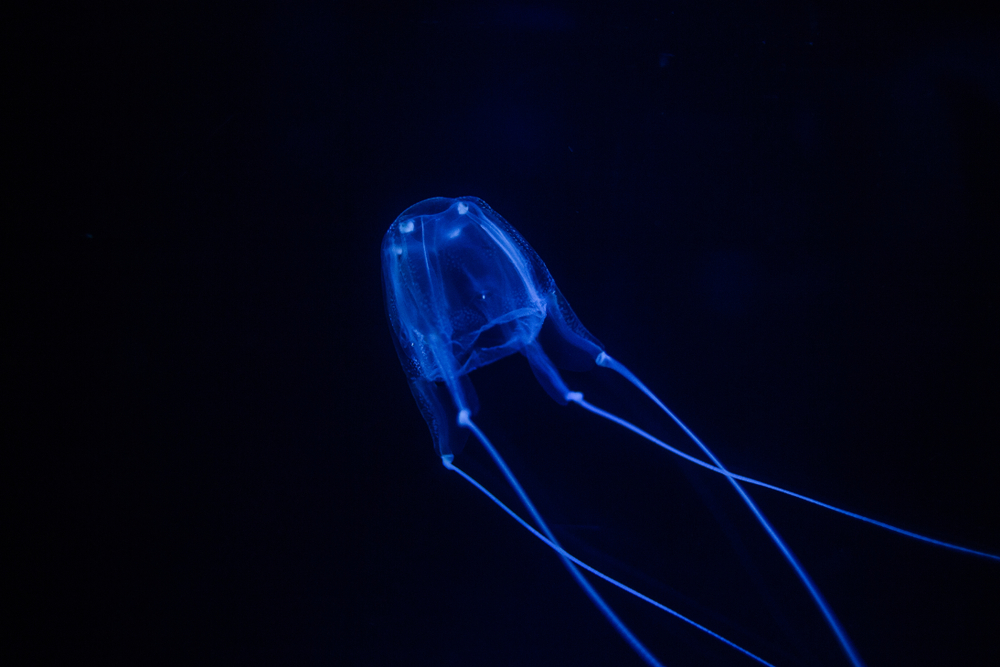
This seemingly delicate creature is among the deadliest in the ocean. Found in the waters of the Indo-Pacific, the box jellyfish’s tentacles are armed with potent venom that attacks the heart, nervous system, and skin cells. A single sting can cause cardiac arrest or paralysis in minutes, making it a nightmare for unsuspecting swimmers.
2. Inland Taipan
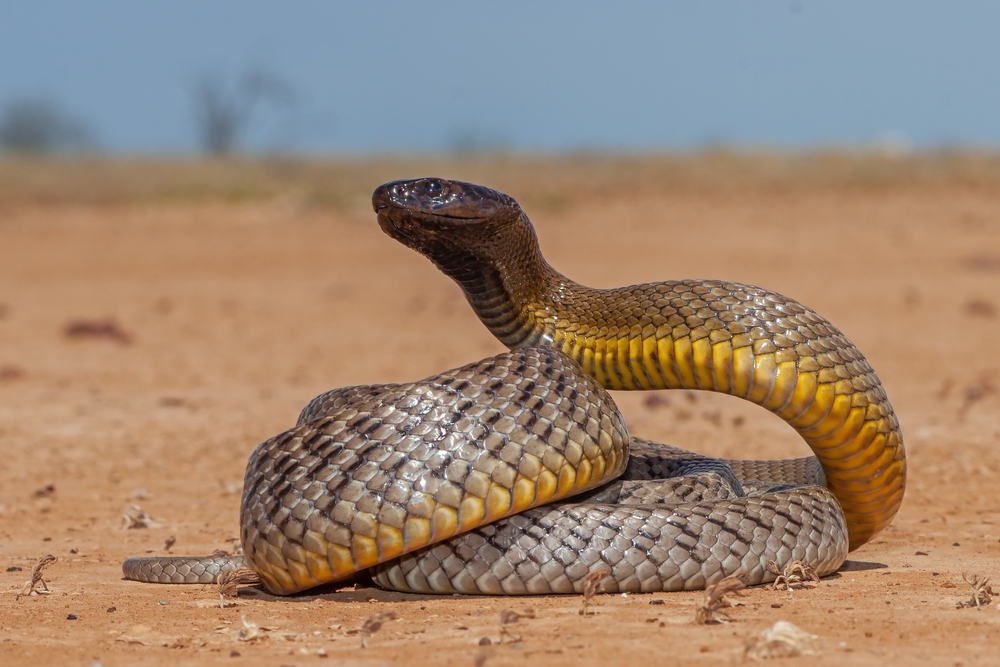
Known as the “fierce snake,” this reptile holds the title of the most venomous snake on Earth. Native to Australia, its bite delivers a neurotoxin so potent it can kill a human in under an hour, with paralysis and internal bleeding setting in quickly. Thankfully, the inland taipan is shy and rarely interacts with humans.
3. Saltwater Crocodile
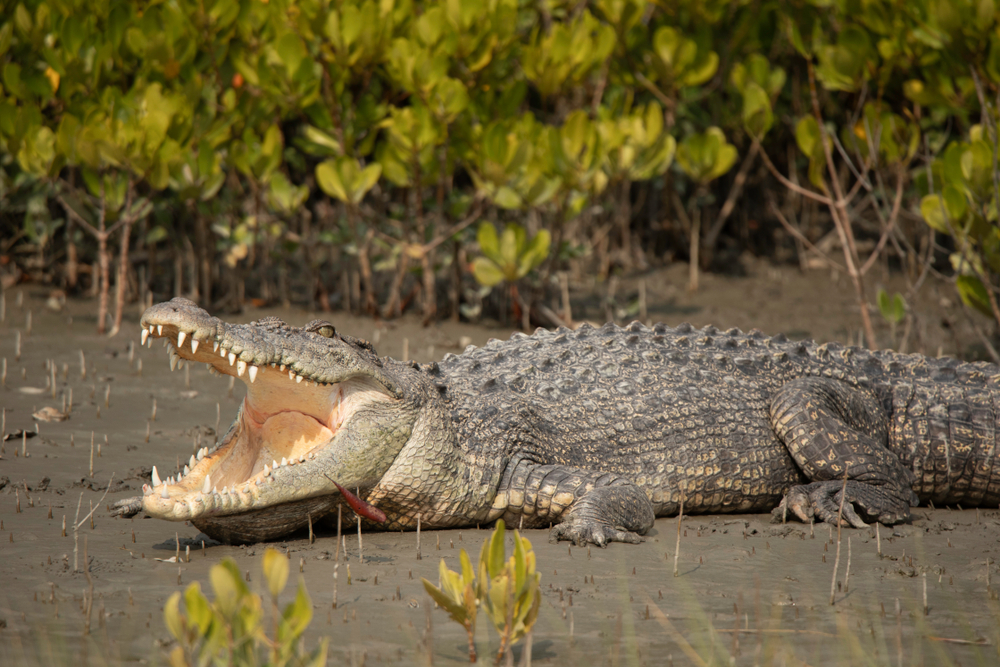
The saltwater crocodile doesn’t just rule rivers—it’s the apex predator of both fresh and saltwater habitats. Known for its crushing bite force, this reptile can clamp down with a pressure strong enough to break bones instantly. Once it grabs hold, its infamous “death roll” ensures its prey doesn’t stand a chance.
4. Cape Buffalo
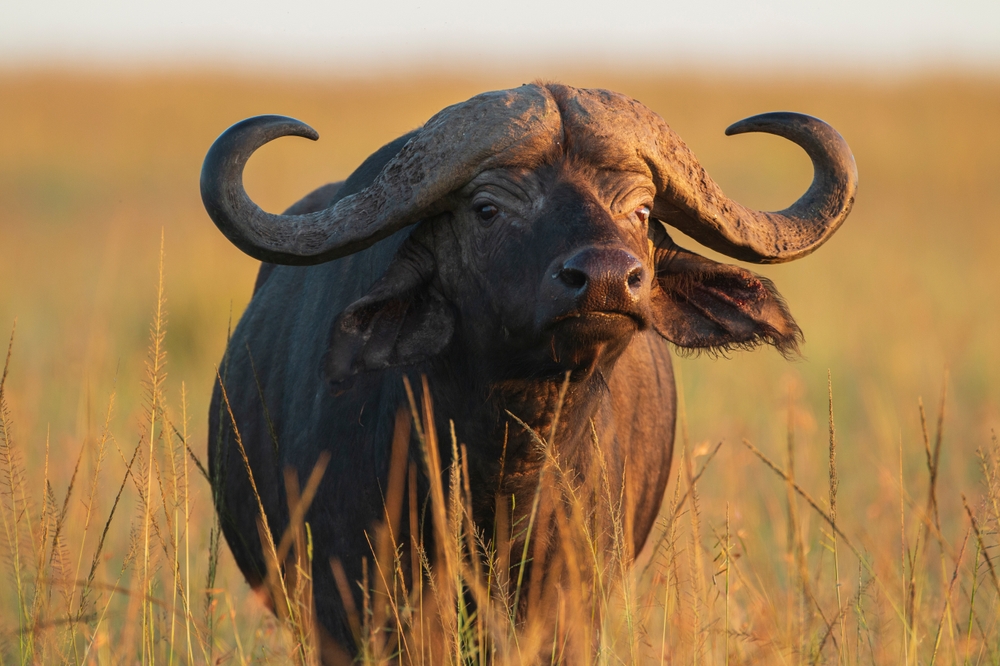
Nicknamed the “Black Death,” the Cape buffalo is responsible for hundreds of human fatalities each year in Africa. With its massive horns and aggressive temperament, this animal charges with brute force when threatened. Its unpredictability makes it one of the most feared animals on the continent.
5. Pufferfish
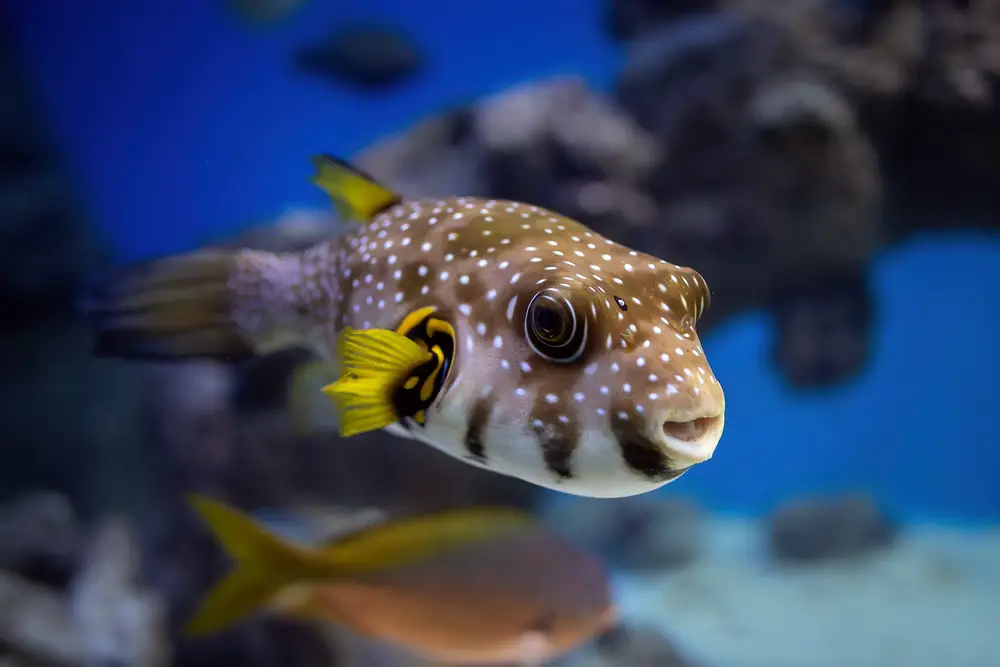
Don’t let its cute appearance fool you—this ocean dweller harbors tetrodotoxin, a venom so lethal that it’s 1,200 times more toxic than cyanide. Found in its liver, skin, and other organs, just a small dose can cause muscle paralysis and death within hours if not treated immediately.
6. Brazilian Wandering Spider
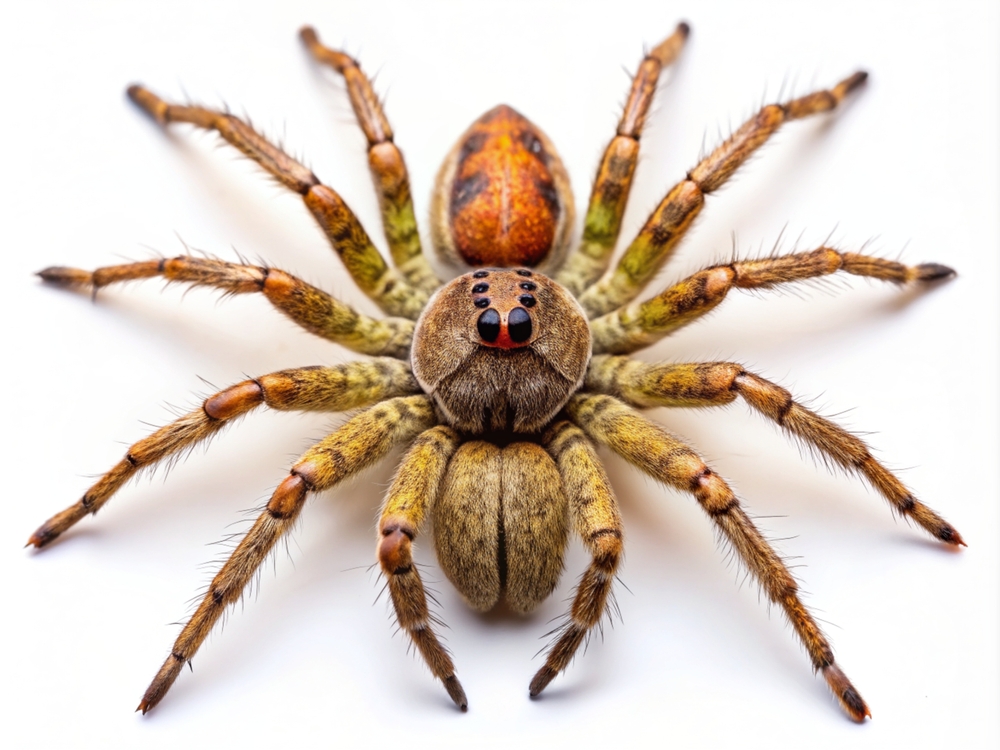
Known for its aggressive behavior and venomous bite, this spider doesn’t just wander—it strikes fear. Its venom can cause intense pain, paralysis, and respiratory failure. Found lurking in dark, cozy spaces like shoes and closets, this arachnid is a deadly houseguest you’d never want.
7. Blue-Ringed Octopus
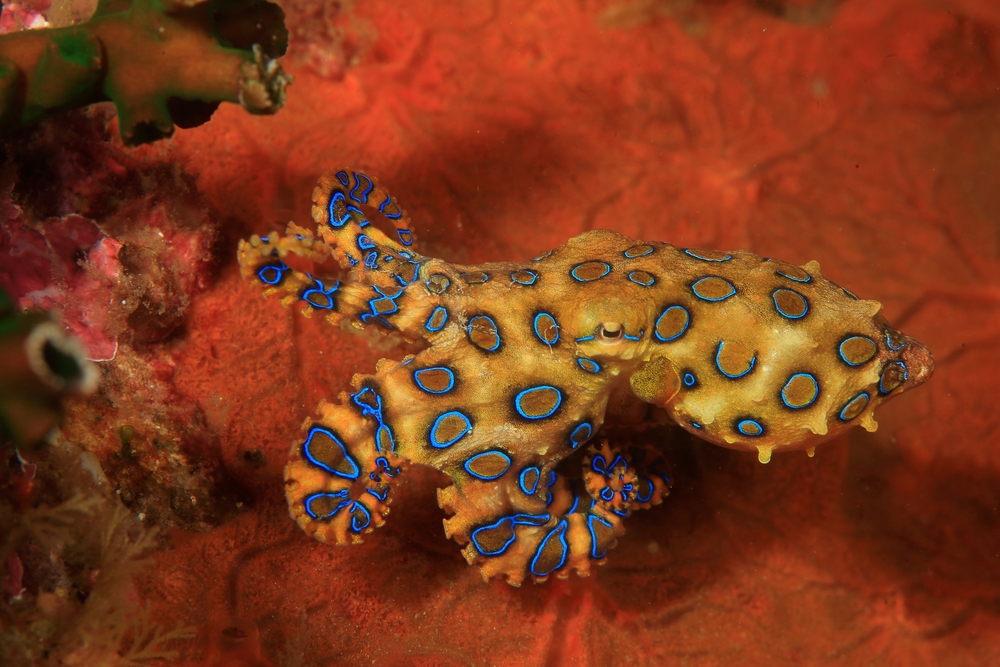
This tiny, vibrant cephalopod is as deadly as it is beautiful. Found in tidal pools across the Pacific, its venom can cause full-body paralysis, respiratory failure, and death within minutes. There’s no known antidote, making a bite from the blue-ringed octopus a race against time.
8. Cone Snail
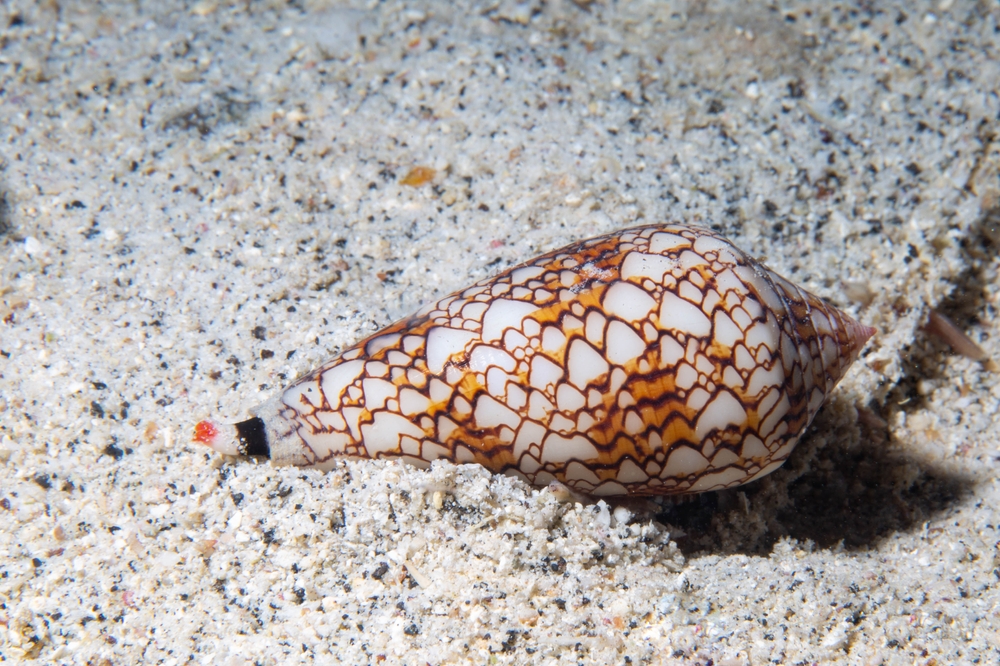
Looking more like a decorative seashell than a killer, the cone snail is deceptively dangerous. Its harpoon-like tooth delivers venom that can paralyze and kill in a matter of hours. Found in tropical waters, it’s a stark reminder that beauty and danger often go hand-in-hand.
9. Poison Dart Frog
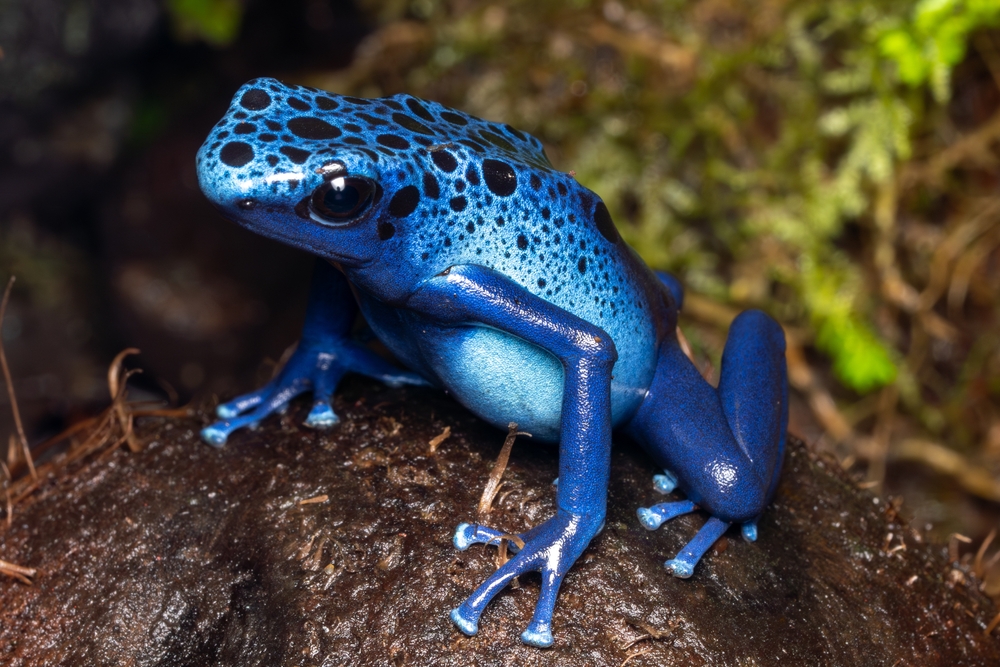
Native to the rainforests of Central and South America, these frogs secrete toxins potent enough to kill 10 grown men. Indigenous hunters have long used their poison to coat blow darts, hence their name. Even touching one of these colorful amphibians can lead to lethal consequences.
10. Komodo Dragon
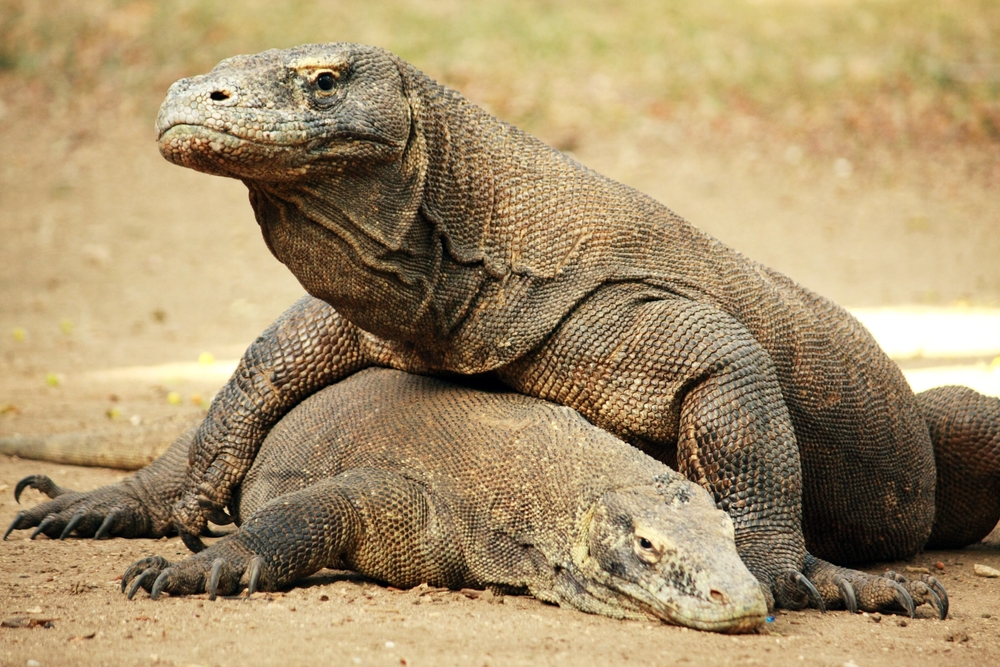
This massive lizard isn’t just a scavenger—it’s a skilled predator. Found on a few Indonesian islands, the Komodo dragon’s saliva is loaded with bacteria and venom that induce shock, paralysis, and death. It stalks its prey with patience, ensuring escape is almost impossible.
11. African Elephant
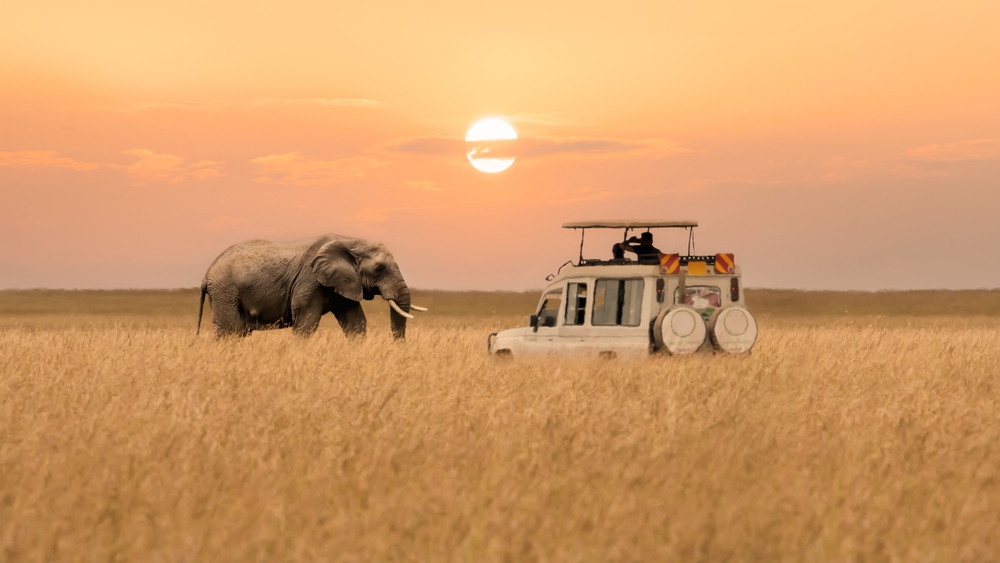
While these giants are often seen as gentle, their sheer size and strength make them incredibly dangerous when provoked. Capable of crushing vehicles or flipping them with ease, an angry African elephant can unleash destruction in seconds, especially during musth or when protecting their young.
12. Hippopotamus
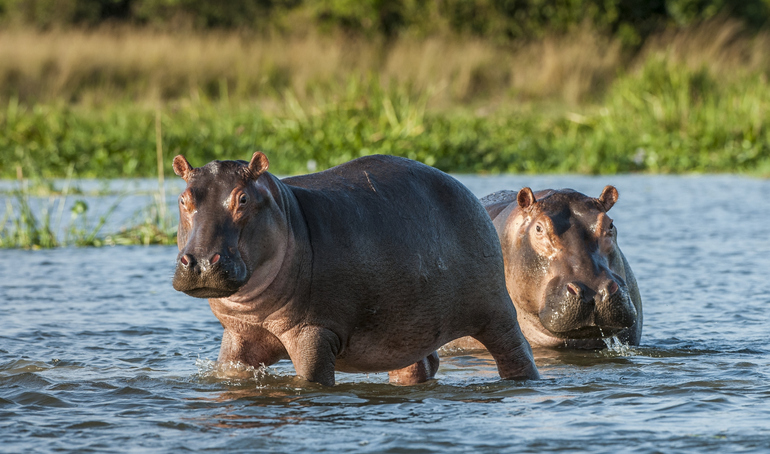
Despite their herbivorous diet, hippos are among Africa’s deadliest animals. They’re highly territorial and aggressive, with powerful jaws capable of snapping boats or humans in half. Hippos kill more people annually than lions or crocodiles, proving that their danger lies in their unpredictability.
13. Stonefish
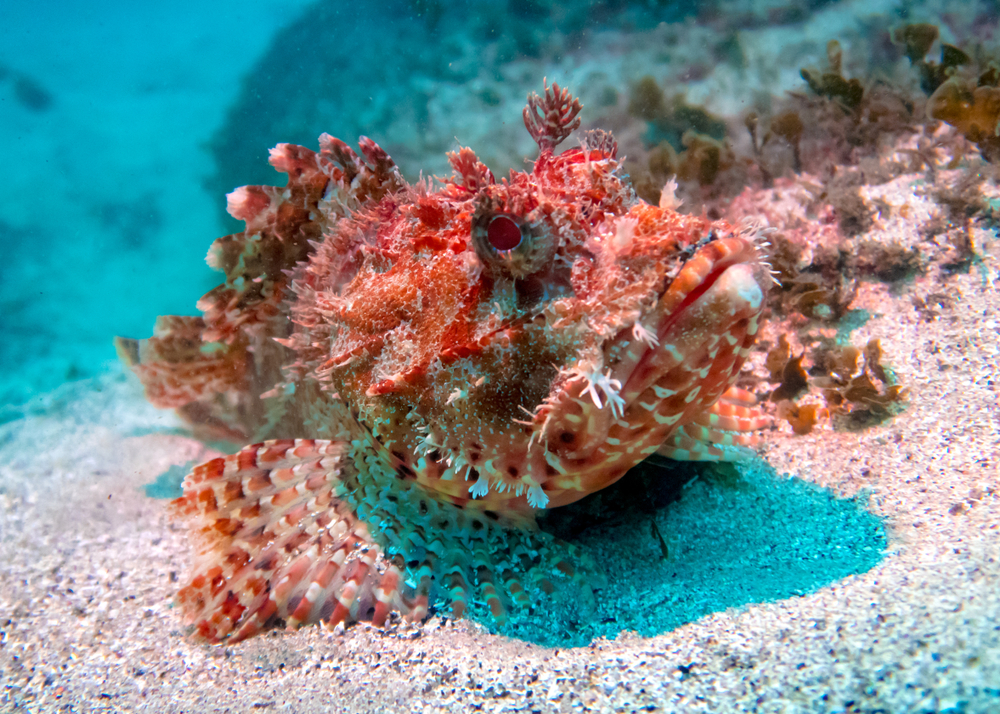
The stonefish is a master of disguise, blending seamlessly with the ocean floor. Step on one, and its spines release venom that can cause excruciating pain, paralysis, and death within hours. Found in tropical waters, it’s a silent menace for beachgoers and divers alike.
14. Lion
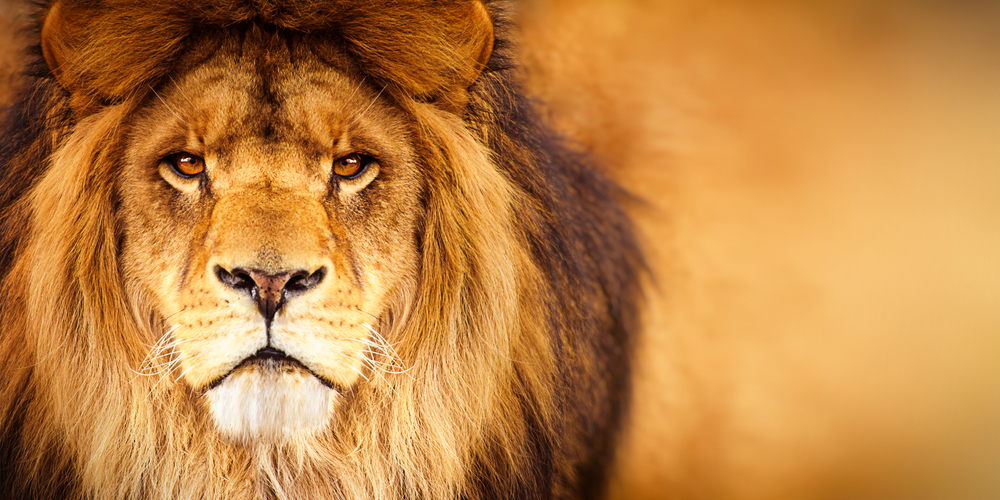
Known as the king of the jungle, the lion’s power lies in its speed, strength, and ability to hunt in packs. A single lion can take down prey several times its size, and human encounters rarely end well. Their sharp claws and strong jaws ensure they remain apex predators.
15. Golden Poison Frog
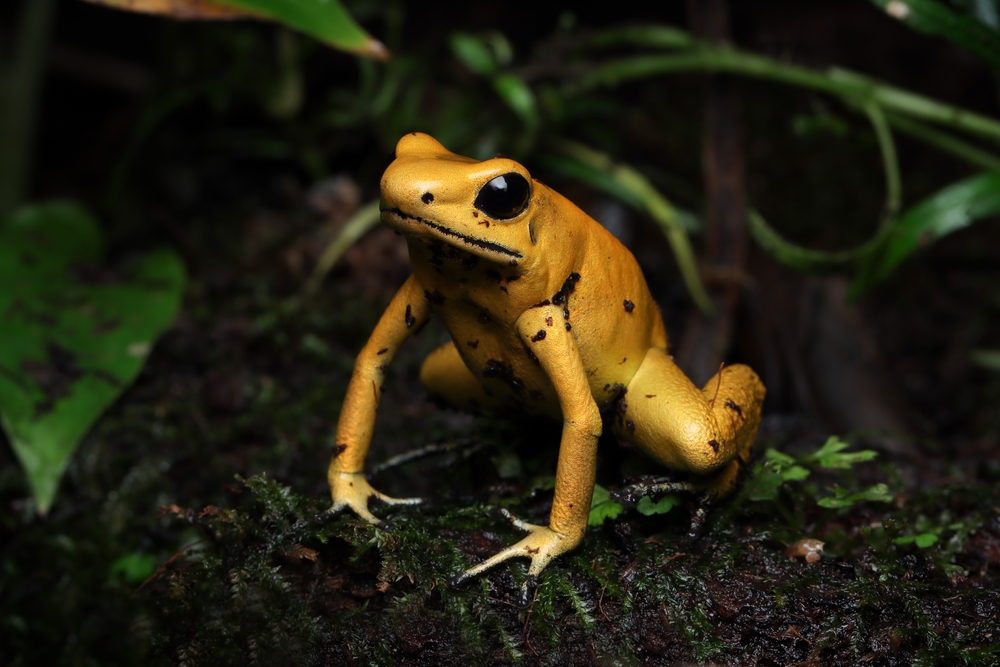
This tiny frog carries enough poison to kill up to 10 men, making it one of the deadliest creatures on the planet. Found in the rainforests of Colombia, even brief contact with its skin can be fatal. Its toxicity comes from its diet, proving that even nature’s smallest creatures can be the most dangerous.
16. Leopard
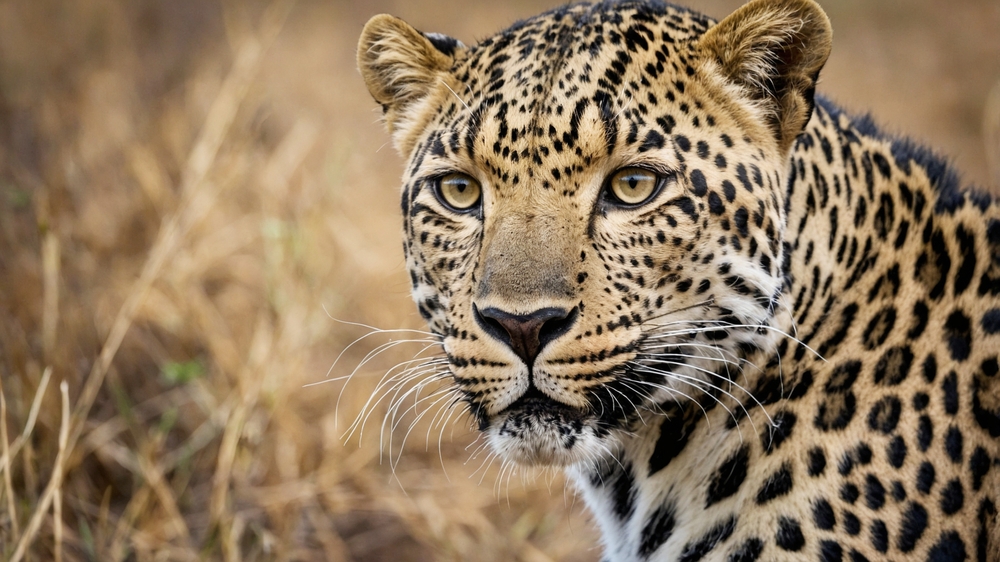
The leopard is a stealthy, opportunistic hunter known for its adaptability and aggression. Unlike most big cats, leopards will attack humans if food is scarce or if they feel threatened. Their ability to climb trees and drag prey weighing hundreds of pounds showcases their sheer strength.
17. Tiger
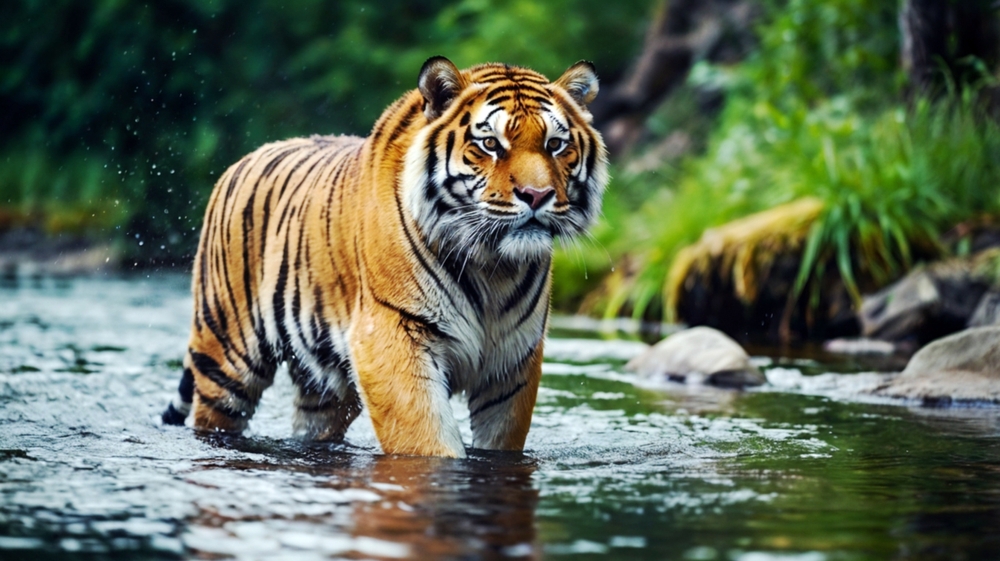
Tigers, the largest of all big cats, combine raw power, speed, and a killer instinct. Found in Asia, they are responsible for more human fatalities than any other big cat. Their stealth and ambush techniques make them virtually impossible to evade, solidifying their reputation as one of nature’s most dangerous predators.
